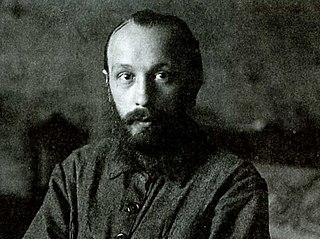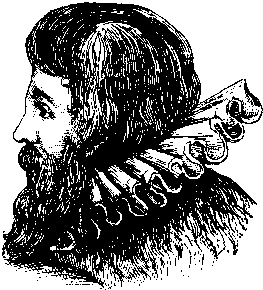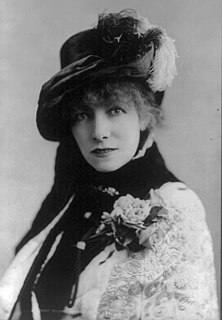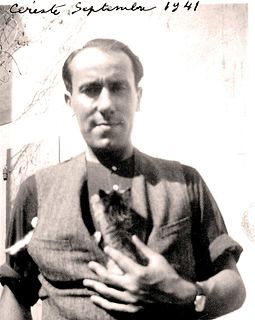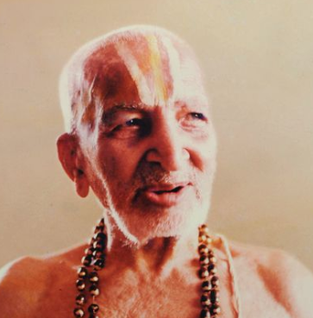A Quote by G. I. Gurdjieff
Personality in man is what is "not his own" . . . what come from outside, what he has learned, or reflects, all traces of exterior impressions left in the memory.
Related Quotes
In order to understand, it is immensely important for the person who understands to be located outside the object of his or her creative understanding—in time, in space, in culture. For one cannot even really see one's own exterior and comprehend it as a whole, and no mirrors or photographs can help; our real exterior can be seen and understood only by other people, because they are located outside us in space, and because they are others.
The artist's personality must be left in his dressing-room; his soul must be denuded of its own sensations and clothed with the base or noble qualities he is called upon to exhibit.... [he] must leave behind him the cares and vexations of life, throw aside his personality for several hours, and move in the dream of another life, forgetting everything.
Left to my own devices, would I trade this for firm thighs, fewer wrinkles, a better memory? On some days. That's why it's such a blessing I'm not left to my own devices. Because the truth is I have amazing friends and a deep faith in God, to whom I can turn. I have a cool kid, a sweet boyfriend, darling pets. I've learned to pay attention to life, and to listen. I'd give up all this for a flatter belly? Are you crazy?
It is God's earth out of which man is taken. From it he has his body. His body belongs to his essential being. Man's body is not his prison, his shell his exterior, but man himself. Man does not "have" a body; he does not "have" a soul; rather he "is" body and soul. Man in the beginning is really his body. He is one. He is his body, as Christ is completely his body, as the Church is the body of Christ
There is no man who loves a woman that does not desire to come to her for the renewal of his courage, for the cutting asunder of his difficulties. And that will be the mainspring of his desire for her. We are all so afraid, we are all so alone, we all so need from the outside the assurance of our own worthiness to exist.

